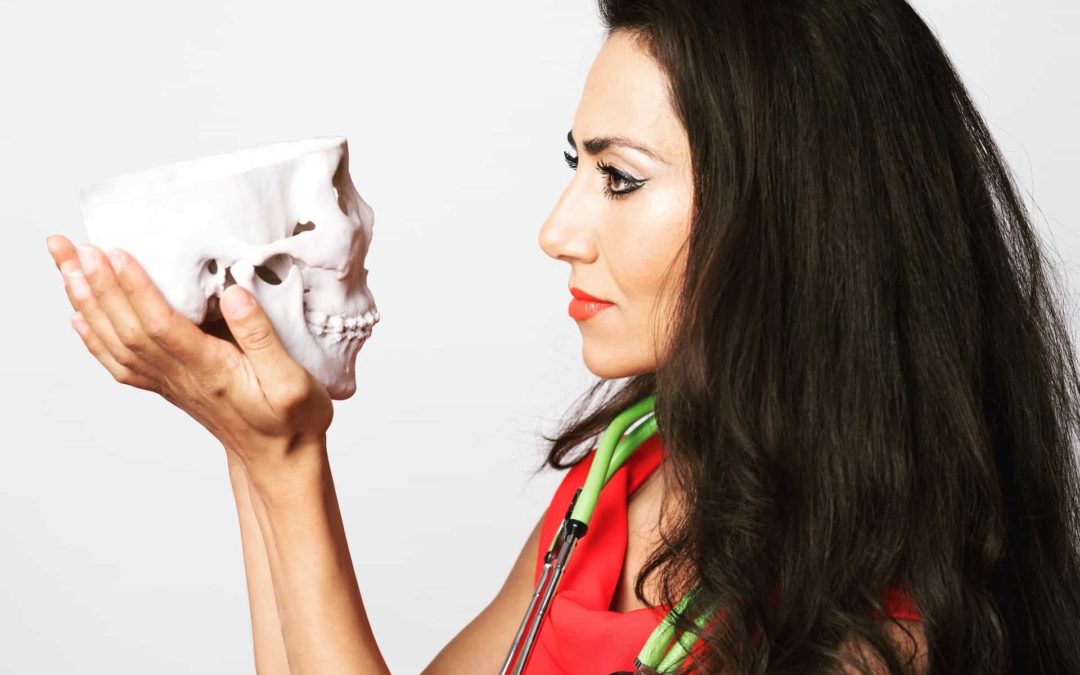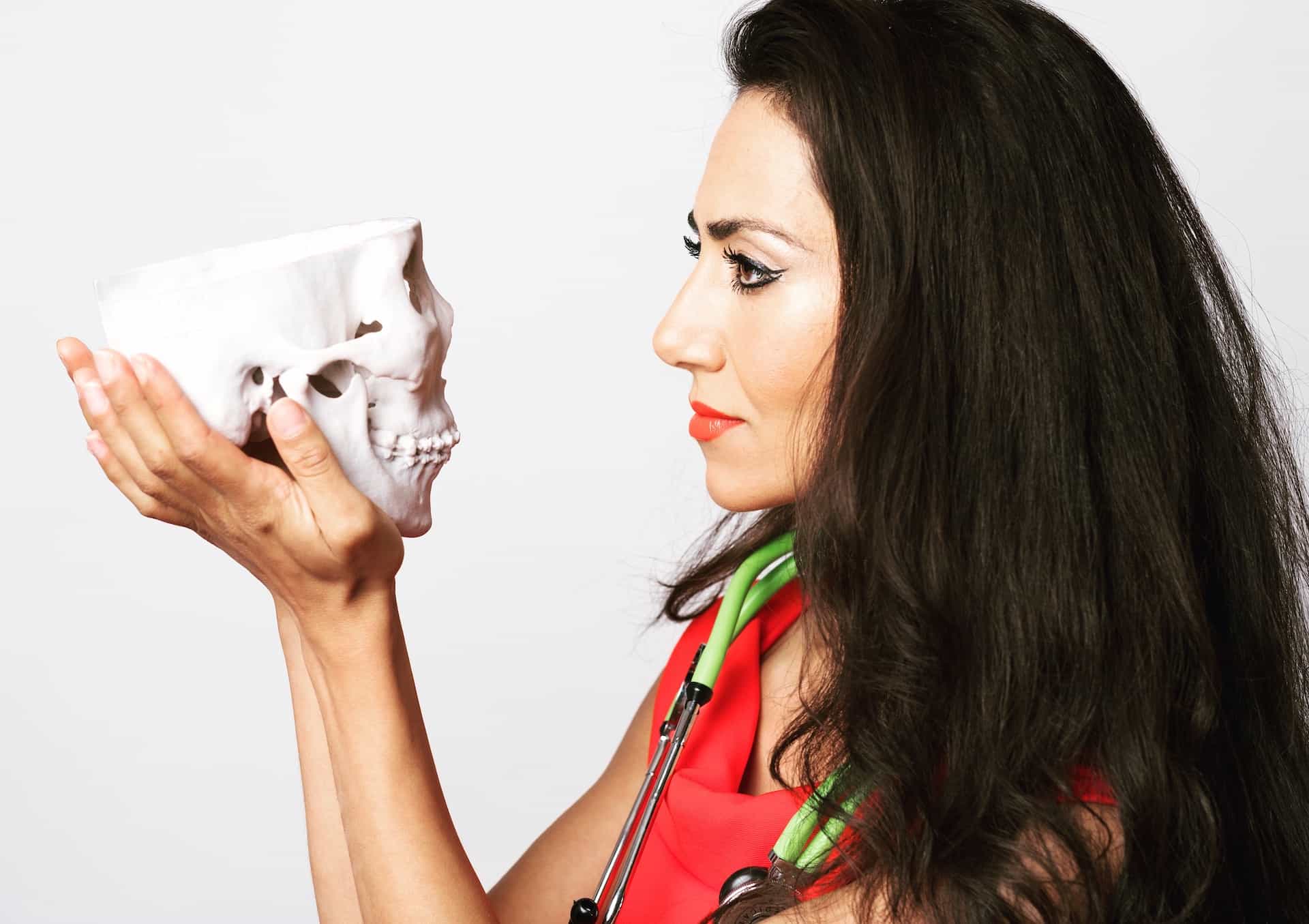
What really happened to our brain during the pandemic? Mouna Esmaeilzadeh, doctor, neuroscientist, entrepreneur and not least, Warp News Expert in Health Tech, believes that the coronavirus has, in a way, kidnapped our brain.
“Uncertainty and many unknown factors around the virus trigger fear and fear kidnaps the brain. So the fear center in your brain has gone into high gear. We have a brain that has not developed in the last 40,000 years, so our brain is attracted to scandals, disasters and alarmism.”
In the past, when we lived on the savannah, it was better to be terrified if something moved in the grass, it could be a lion approaching. Sitting and smelling a beautiful flower and thinking “that’s probably not dangerous” was an evolutionary disadvantage.
“There is no major difference between our brain today and the caveman’s brain. Today we also get our news mainly via social media and with that comes fake news and click-baits and filter bubbles. So many have a very cynical worldview and a dark perception of the future, and it has not gotten better during the past year. On the contrary,” says Mouna Esmaeilzadeh.
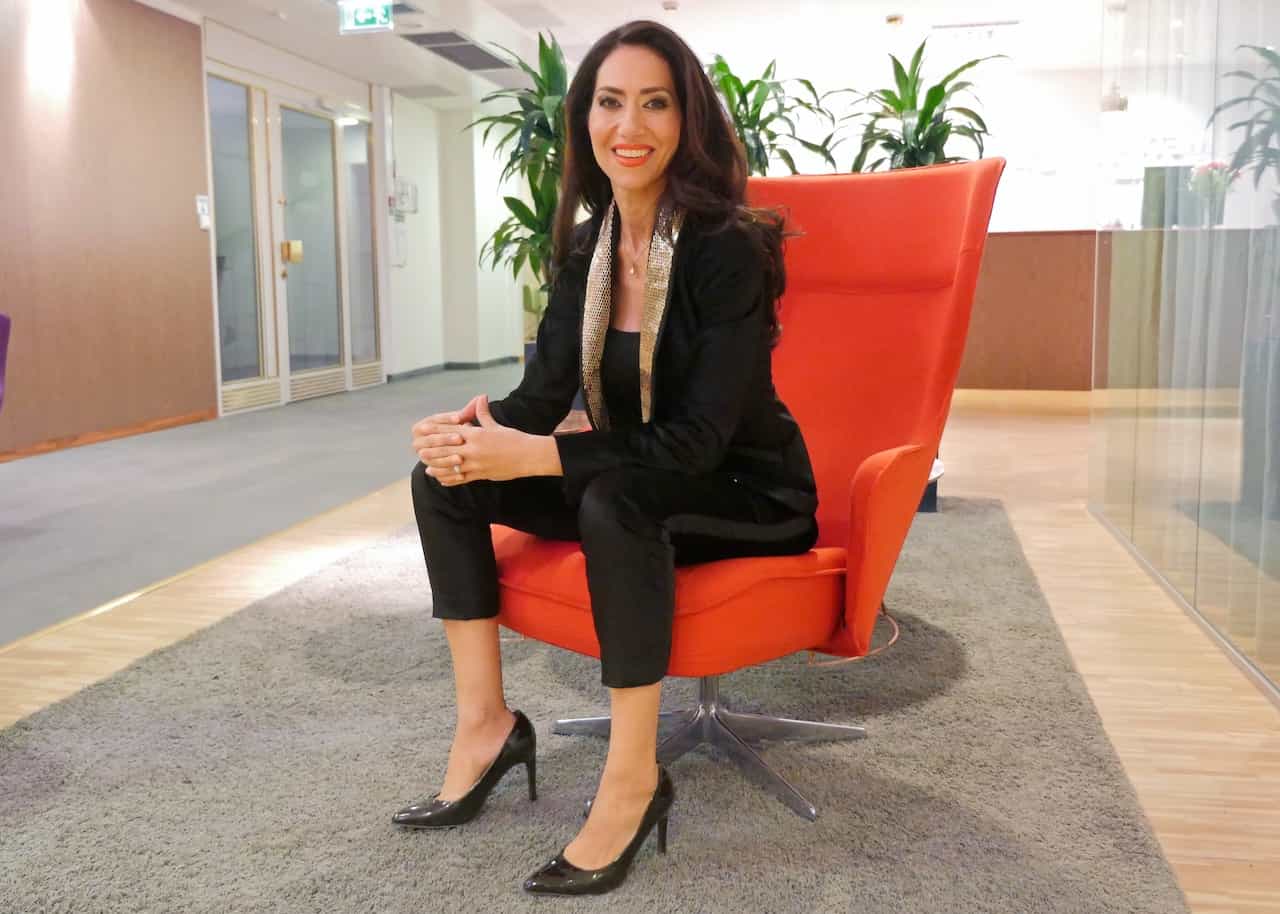
We have, to say the least, had a challenging year. But, in the midst of panic and darkness, it is easy to forget that we still have the best conditions today to solve the challenges we face, she says.
In the same way, it is easy to drown in the negative news and not see that, although 2020 has been a challenging year, we have actually made tremendous progress in science and technology and continued to move humanity forward.
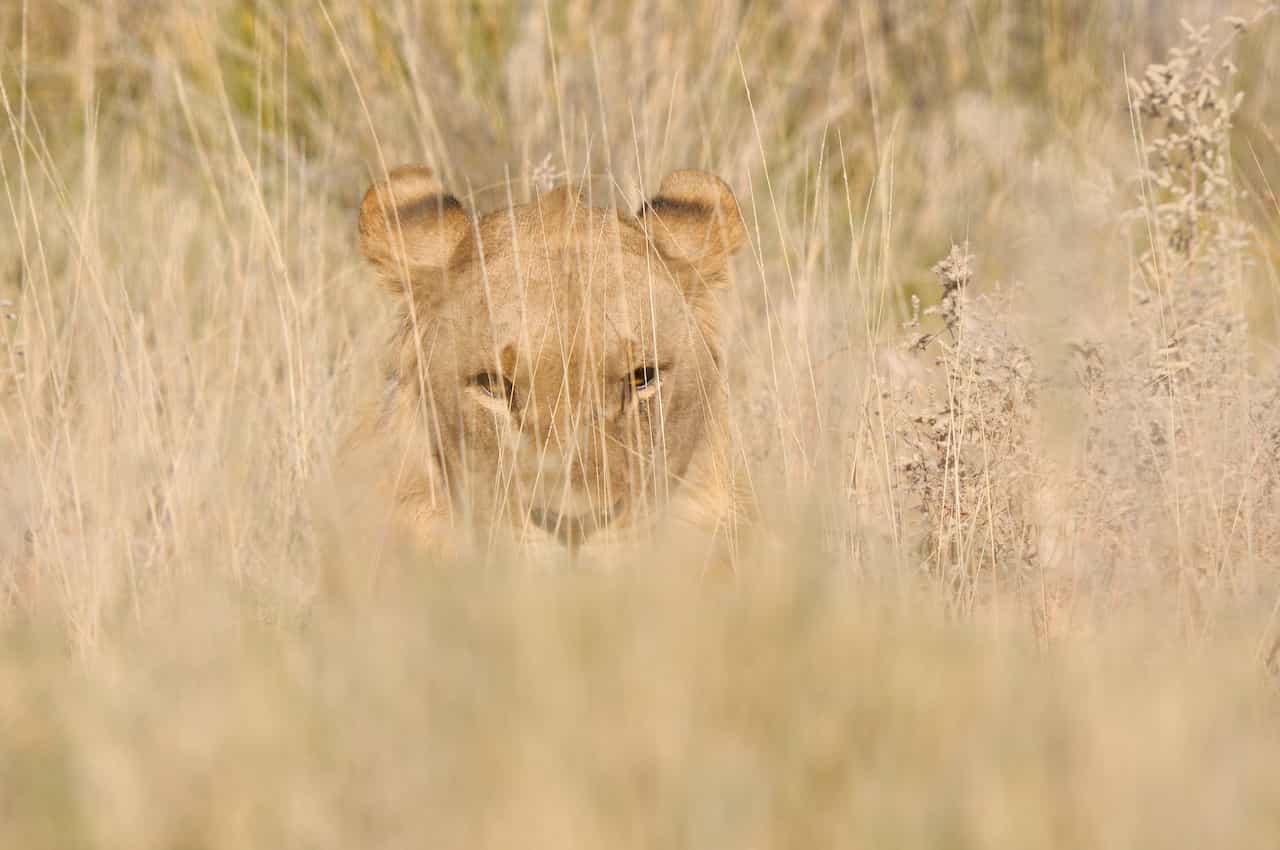
Better conditions to cope with a pandemic than ever before
Mouna Esmaeilzadeh believes that we have better conditions for solving problems now than ever before in history. So it would have been a completely different situation if this pandemic had hit us 20 years ago?
“Yes, to a very high degree. I mean, even if the pandemic has failed on a political level, it’s still pretty cool what we managed to do in science and technology in 2020. In record time, the virus’ genetics were mapped, tests were developed and in less than a year we have vaccine that seems promising. All this would have been completely impossible just 20 years ago. You quickly forget that we have not always had the same opportunities. We quickly get used to amenities and take everything for granted. But if we look back in history…”
Dr. Mouna says that 200 years ago, about half of all children died before the age of five. The few who survived rarely had the opportunity to go to any school. So nine out of ten were illiterate. Nine out of ten lived in extreme poverty.
“So, imagine that 94 percent of all people lived in poverty. Today, that figure is below 10 percent. Today nine out of ten live free from illiteracy and poverty and this despite the population explosion. So we have succeeded in reducing poverty radically and at the same time dramatically increasing life expectancy. 150 years ago, we lived an average of 37 years. Today, we have more than doubled that figure in countries such as Sweden.”
The next hundred years will correspond to 20,000 years of development
So why is development going so fast? Dr. Mouna believes that this is because the development is exponential.
“Once we crack a code or come up with a cool innovation, it does not go from one to two to three, but develops as a hockey stick, from one to two to four, eight and so on. So the development is not linear but exponential. This means, for example, that the next hundred years will not correspond to a hundred years of development with the current rate of development, but almost 20,000 years of development.”
It is very difficult for our brain to grasp, but it can give us opportunities that we previously could not even dream of. Thanks to the growth and progress that is being made, for example, for the first time ever in world history, we can start dreaming of a world without poverty and hunger, she says.
“We can start dreaming of a world without diseases. Thanks to techniques such as genetic scissors, we can edit the codes of life and master life and death.”
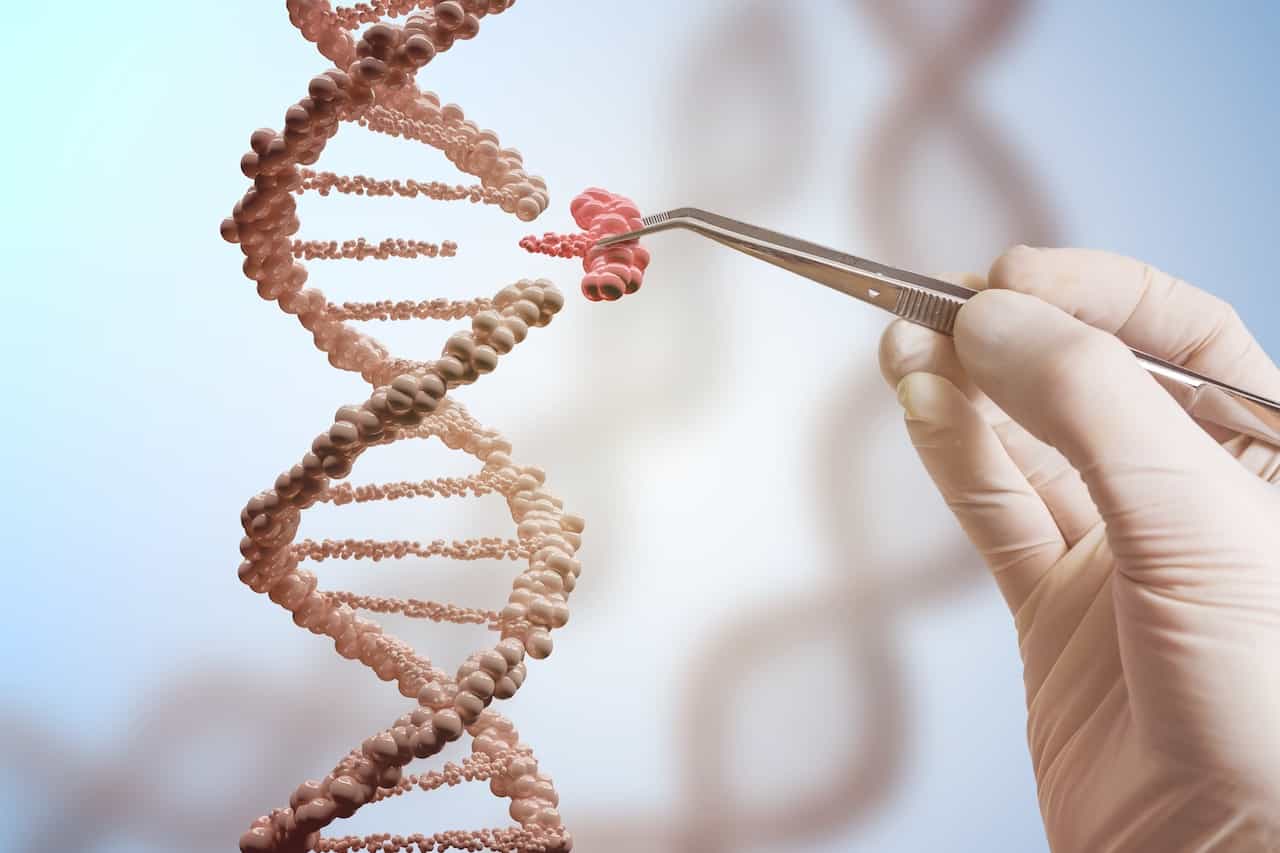
Science and technology are democratizing
We have greater opportunities than ever to cure diseases. But is there not a great risk that this will only benefit the rich?
“No, that’s what’s beautiful about this. Science and technology are democratizing. Thanks to the rapid development, everything becomes better, cheaper and more accessible very quickly. Not to mention how technology is transforming, for example, health in the world’s poorest countries right now.”
Mouna Esmaeilzadeh says that today it is estimated that several hundred thousand women in the world die when they give birth to children of things that could easily have been prevented by getting a bag of blood. The problem is that many countries still lack good infrastructure and roads, but contractors have developed drones that can solve this type of problem.
“So, we can now deliver blood, vaccines and medicines in a completely new way and reach millions of people. Things that would take days can be done in just a few minutes. Technology saves lives. Or think what a difference it makes to have developed apps that allow people to consult a doctor quickly or use an app that diagnoses malaria in two minutes without a blood test with an 80 percent safety margin.”
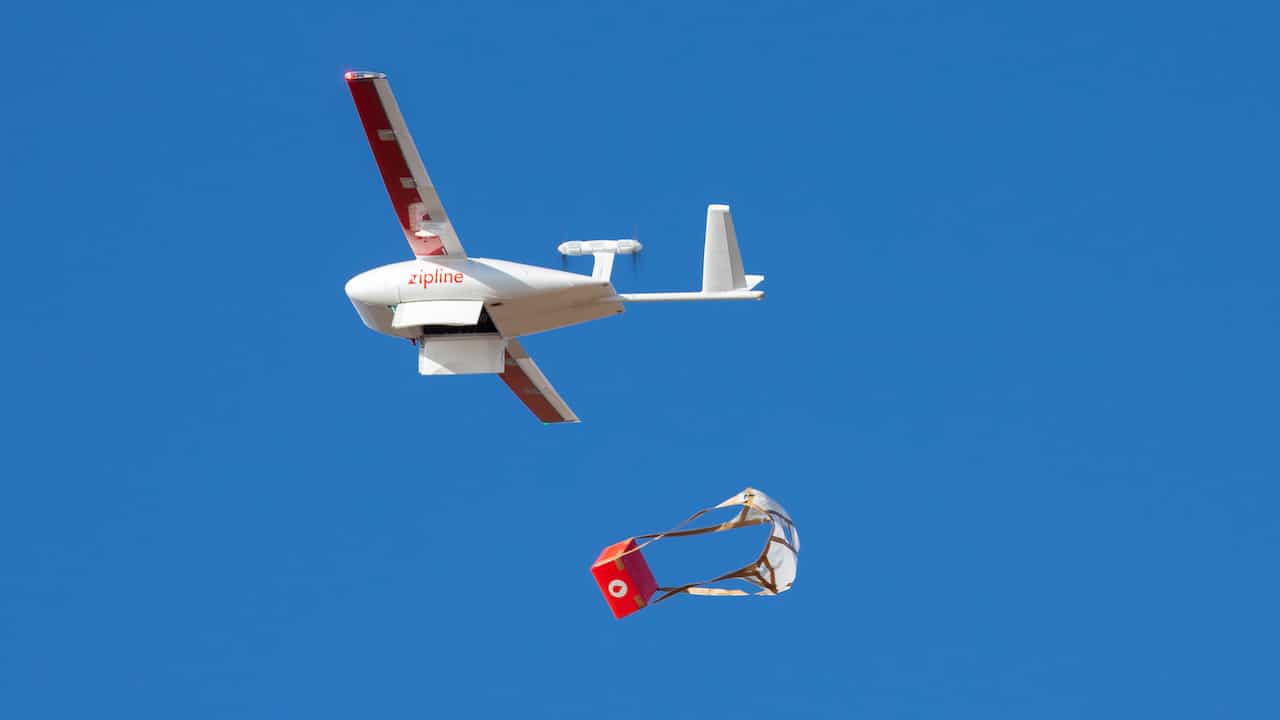
A world without poverty and disease
So if evolution over the next hundred years equals 20,000 years at today’s rate of evolution, as evolution accelerates, how much will we see happen in health and medicine over the next 20 years?
“Just imagine what progress we have made in the last 20 years when it comes to mobile phones and the internet. The same development is now taking place in medicine and health. Over the next 20 years, much will change. Already in 10 years we will laugh at the time when we went to the doctor because we were sick. We will go from reactive to proactive health care where instead of taking care of diseases when they have already occurred, we will use science and technology to prevent diseases.”
Regardless of whether it is with the help of devices or sensors, we will be able to diagnose and remedy abnormalities and pathological processes at an early stage. It can be nanorobots that travel around your bloodstream and clear cancer cells before they have time to spread, says Doctor Mouna.
“Or genetic scissors that allow you to design your children and ensure that they never suffer from diseases such as cancer and Alzheimer’s disease…. You will simply have much more power over your health and we will be able to play God.”
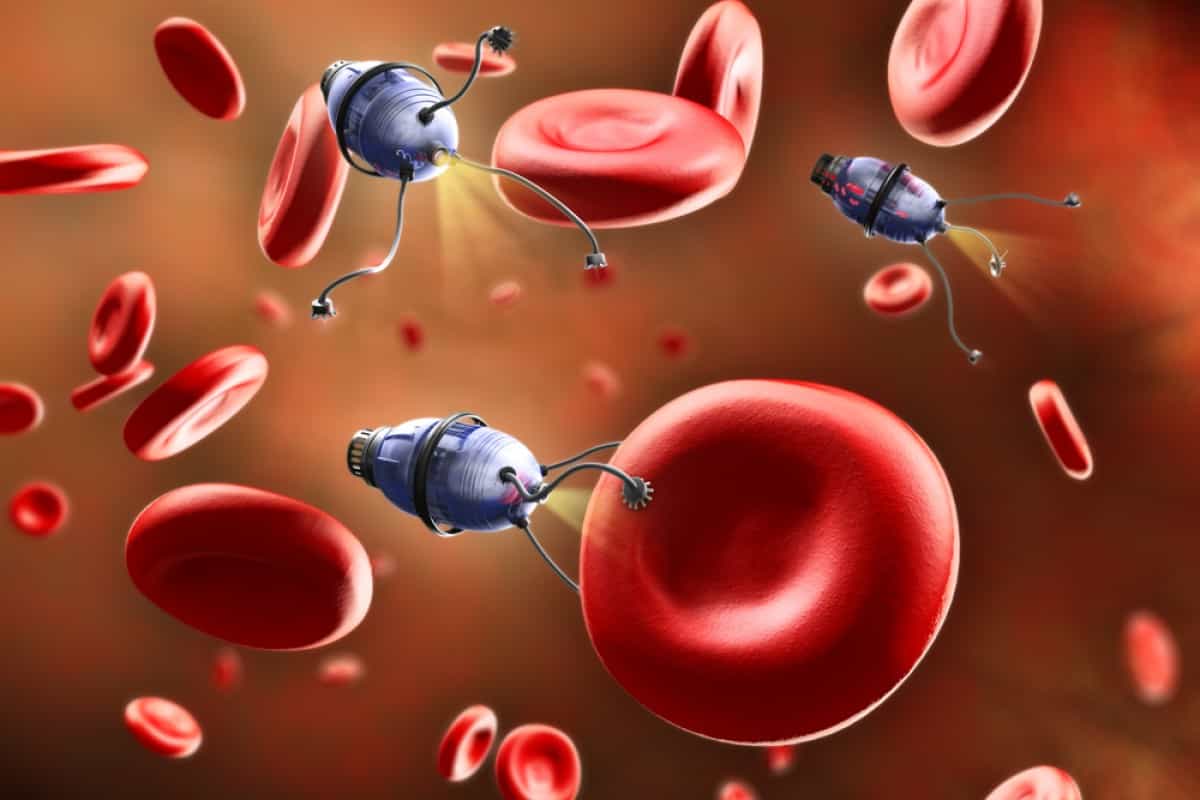
It may sound scary to play God.
“Yes of course. In the wrong hands and used incorrectly, this is incredibly dangerous. But despite the risks, technological development is still necessary. Imagine electricity. You can use it to torture people with power cables. My own father has endured this. But is the conclusion that we should have turned our backs on electricity? Because even if you can do terrible things, the benefits are much greater, otherwise we would still be living as cavemen.”
Mouna Esmaeilzadeh believes in the good in mankind. She sees that we strive to make the world better and that evil forces must be fought.
“But we must not be blinded by fear and act irrationally. Science and technology save lives, ensure that people can get clean water around the world and give us the opportunity to create a good standard of living for all people in the fairly near future. As I said, for the first time ever, we can start dreaming of a world without disease and poverty.”
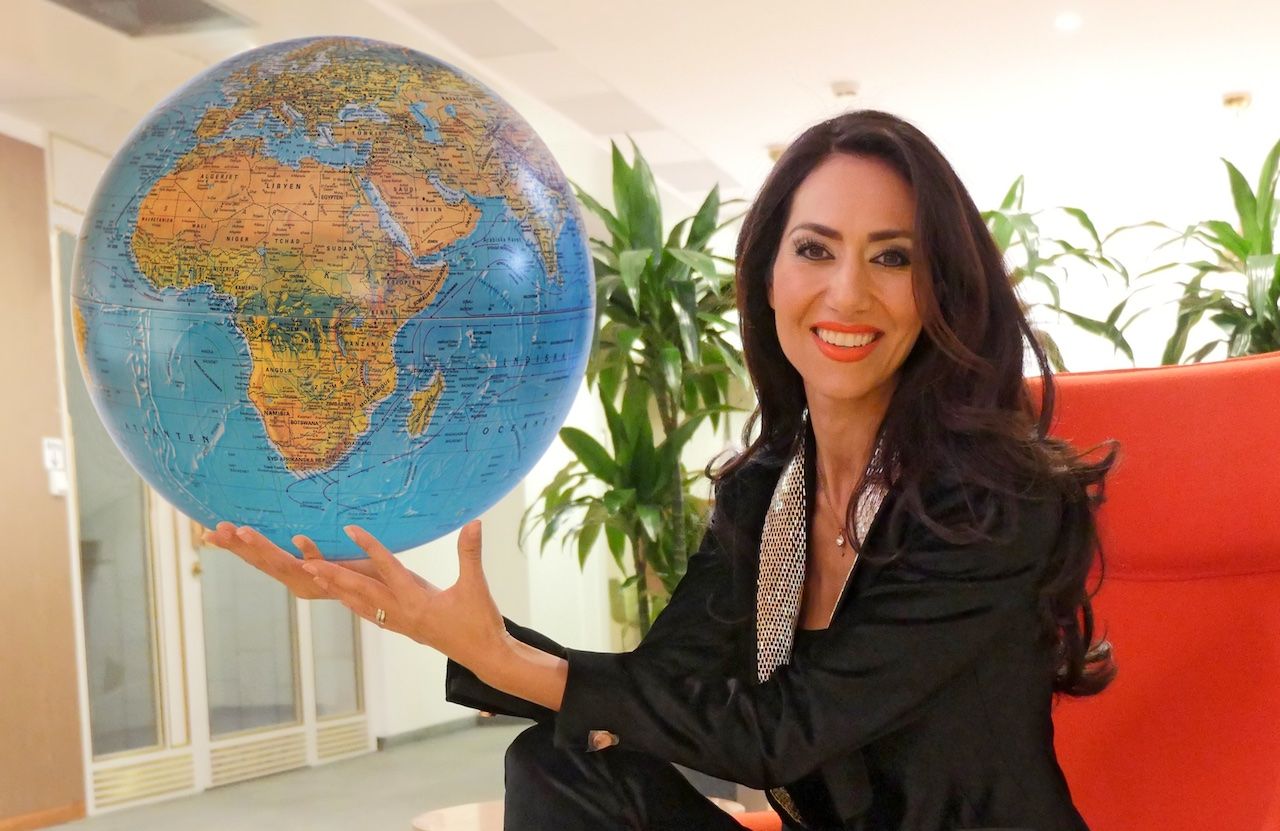
Ultimately – it’s about us humans
Right now, everything feels pretty dark with all the challenges we face, not least due to the pandemic, but Doctor Mouna is optimistic about the future.
“The human brain is fantastic. We have solved all the challenges we faced before and we will do it again this time.”
She believes that we have more power than ever to solve the challenges we face and influence our future. So just roll up your sleeves.
“Now we talk a lot about different technologies, but this is ultimately not about different technologies but about us, humans. Our curiosity, our drive, our entrepreneurial mindset…. That nothing is impossible, even if the impossible takes a bit longer…. So, yes, I am optimistic about the future.”
Thanks to science and human courage, we can get through difficult times and look ahead – make the world a little better and continue to create an even brighter future.

